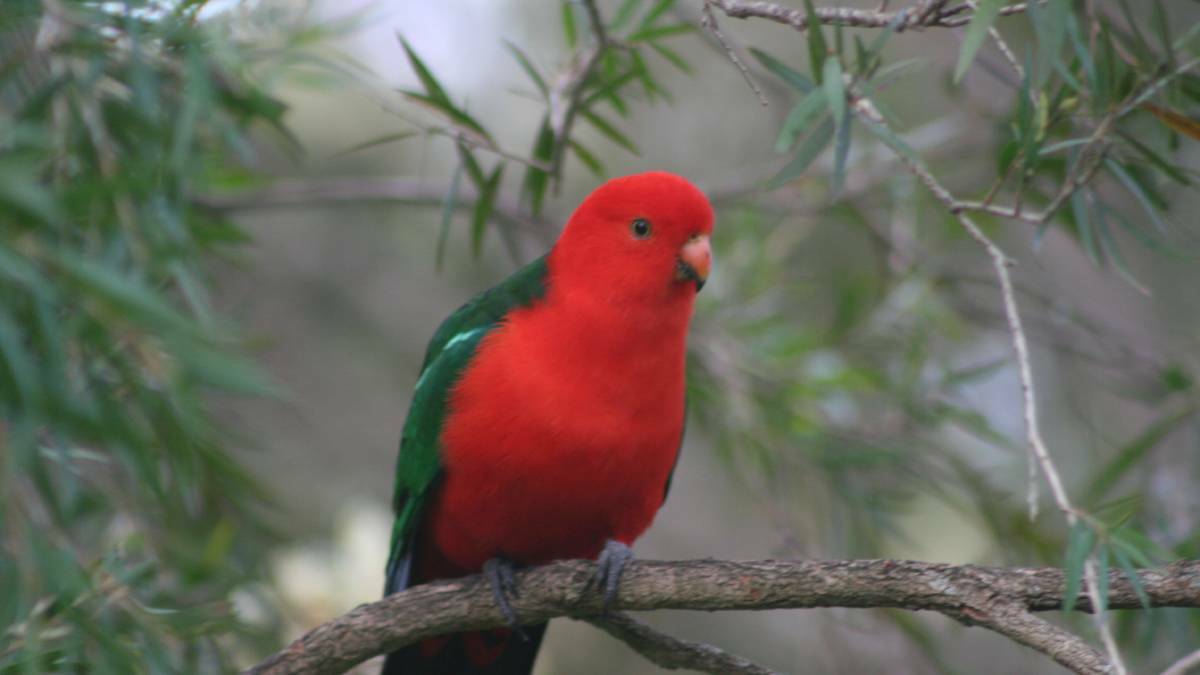
Lithgow and Blue Mountains residents have been advised to avoid contact with wild birds as they may carry a potentially dangerous bacteria.
Subscribe now for unlimited access.
$0/
(min cost $0)
or signup to continue reading
Since early April, three local residents have been diagnosed with psittacosis also known as parrot fever.
The bacteria that causes this infection can be found in wild bird populations across the state and has recently been detected in wild birds from the upper Blue Mountains and Lithgow.
Nepean Blue Mountains Local Health District Director Public Health Dr Bradley Forssman has advised locals to take care around wild birds and when mowing the lawn.
"Exposure to birds, or dust containing bird droppings, can result in infection.
"Direct contact with wild birds, including handling and feeding, should be avoided where possible," he said.
Read more:
He said people should wear protective equipment, including a dust mask and gloves, where contact is unavoidable and also when gardening or lawn mowing in areas where birds may have left droppings.
Dr Forssman said symptoms of parrot fever could develop between five and 28 days after exposure to infected birds or their droppings.
"Early symptoms of psittacosis infection include fever, headaches, muscle aches and dry cough, and may progress to severe difficulty breathing.
"If you have noticed any of these symptoms or have recently been exposed to wild birds or their droppings, please seek medical attention from your general practitioner as soon as possible," he said.
He said older people generally experience more severe symptoms, however the disease can be treated with antibiotics.
For more information head to the NSW Health website or call your local public health unit on 1300 066 055.
Subscribing means more than just website access. Read the print paper online, enter giveaways and more for just $2 a week, cheaper than a coffee. What are you waiting for?


